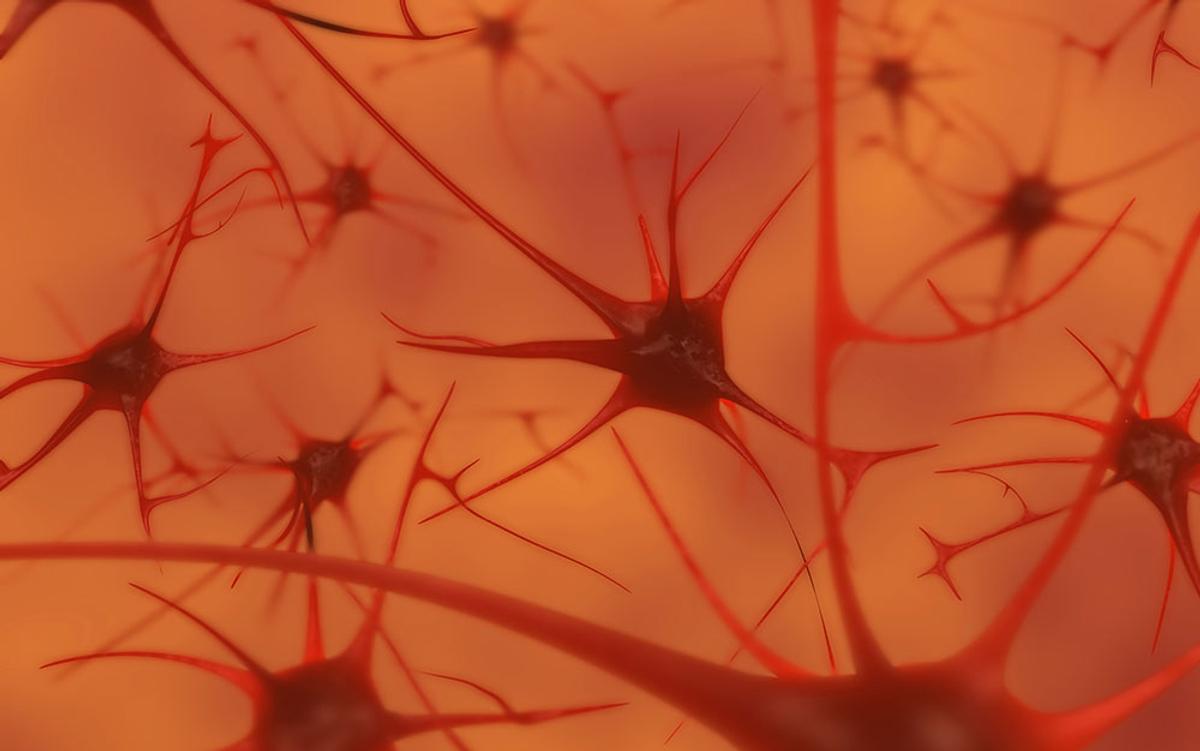- cross-posted to:
- morewrite@awful.systems
- cross-posted to:
- morewrite@awful.systems
 guy recently linked this essay, its old, but i don’t think its significantly wrong (despite gpt evangelists) also read weizenbaum, libs, for the other side of the coin
guy recently linked this essay, its old, but i don’t think its significantly wrong (despite gpt evangelists) also read weizenbaum, libs, for the other side of the coin



https://www.infoq.com/articles/brain-not-computer/
https://intellerts.com/sorry-your-brain-is-not-like-a-computer/
You can build a computer out of anything that can flip a logic gate, up to and including red crabs. It doesn’t matter if you’re using electricity or chemistry or crabs. That’s why it’s a metaphor. This really all reads as someone arguing with a straw man who literally believes that neurons are logic gates or something. “Actually brains have chemistry” sounds like it’s supposed to be a gotcha when people are out there working on building chemical computers, chemical data storage, chemical automata right now. There’s no dichotomy there, nor does it argue against using computer terminology to discuss brain function. It just suggests a lack of creativity, flexibility, and awareness of the current state of the art in chemistry.
It’s also apparently arguing with people who think chat-gpt and neural nets and llms are intelligent and sentient? In which case you should loudly specify that in the first line so people know you’re arguing with ignorant fools and they can skip your article.
And what the hell is this? Jumping up and down and screaming “i have a soul! Consciousness is privileged and special! I’m not a meat automata i’m a real boy!” Is not mature or productive. This isn’t an argument, it’s a tantrum.
The deeper we get in to this it sounds like dumb guys arguing with dumb guys about reductive models of the mind that dumb guys think other dumb guys rigidly adhere to. Ranting about ai research without specifying whether you’re talking about long standing research trends or the religious fanatics in California proseletyzing about their fictive machine gods isn’t helpful.
you literally ignore the actual part of the text that adresses your problems.
you can use the word ‘tantrum’ while you ignore the literal words used and their meanings if you want but it only makes you seem illiterate and immature.
‘intuition worldviews thoughts beliefs our conscience’ are specific words with specific meanings. no computer (information processing machine) has ‘consciousness’, no computer has ‘intuition’, no computer has internal subjective experience - not even an idealized one with ‘infinite processing power’ like a turing machine. humans do. therefore humans are not computers. we cannot replicate ‘intuition’ with information processing, we cannot replicate ‘internal subjective experience’ with information processing. we cannot bridge the gap between subjective internal experience and objective external physical processes, not even hypothetically, there is not even a theoretical experiment you could design for it, there is not even theoretical language to describe it without metaphor. We could learn and simulate literally every single specific feature of the brain and it would not tell us about internal subjective experiences, because it is simply not the kind of phenomena that is understood by the field of information processing. If you have a specific take on the ‘hard problem of consciousness’ thats fine, but to say that ‘anyone who disagrees with me about this is just stupid’ is immature and ignorant, especially in light of your complete failure to understand things like Turing machines.
I usually like your posts and comments but this thread has revelaed a complete ignorance of the philosophical and theoretical concepts under discussion here and an overzealous hysteria regarding anything that is remotely critical of a mechanistic physicalist reductionist worldview. you literally ignore or glazed over any relevant parts of the text i quoted, misunderstood the basic nature of what a turing machine is, misunderstood the nature of the discourse around the brain-as-computer discourse, all with the smuggest redditor energy humanly possible. I will not be further engaging after this post and will block you on my profile, have a nice life.